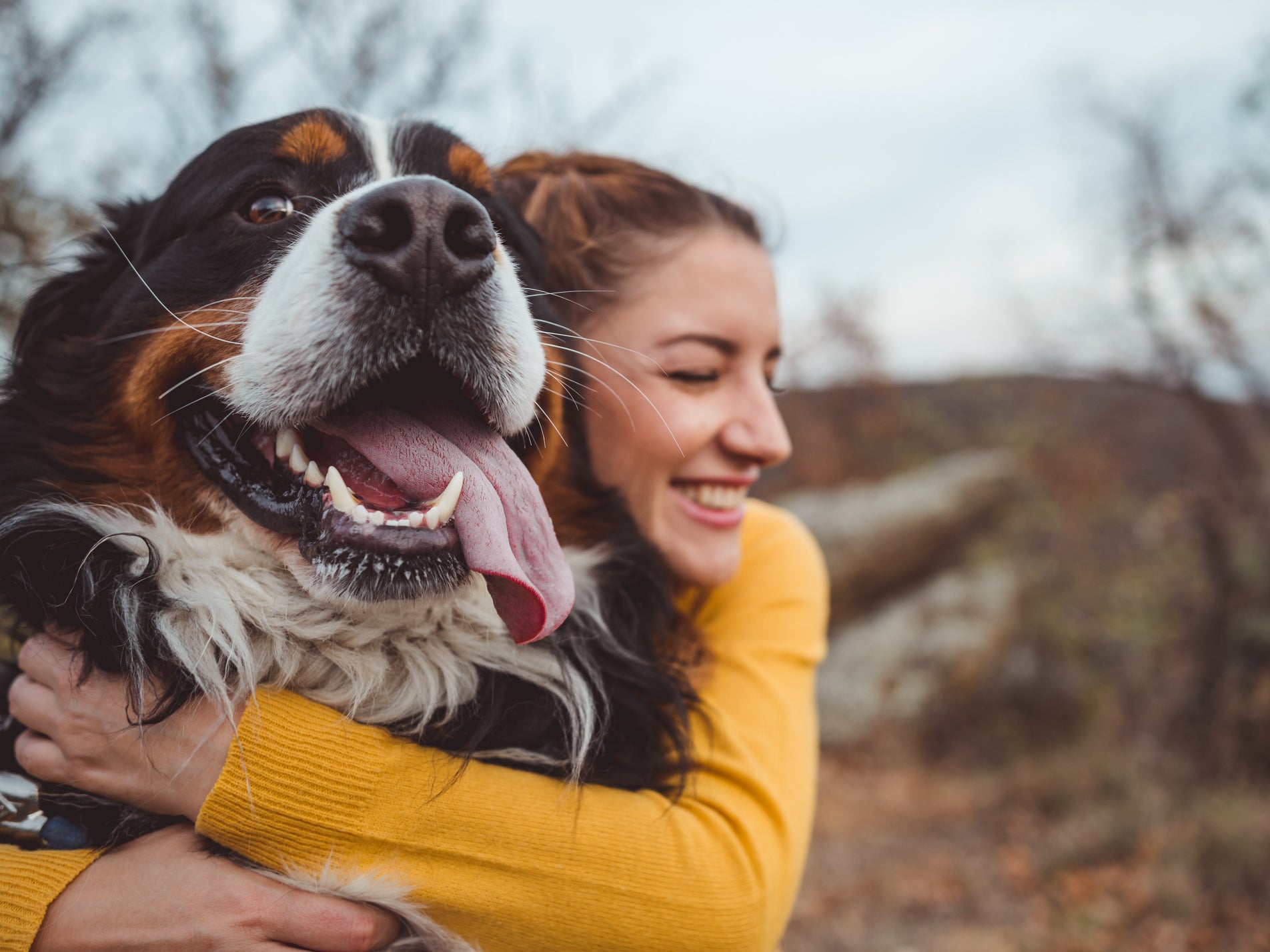Dogs can recognise words and voices, scientists claim
Dogs share 'linguistic talent' with humans, researchers state

Dogs are able to recognise words and different people’s voices, a study has claimed.
For those who have never had a pet in their household, they may think it is odd when dog owners speak to their canine companions as if they’re having a two-way conversation.
However, according to new research, dogs are able to discern different words and distinct human voices.
For the study, which was published in journal Biology Letters, a team of scientists from the University of Sussex conducted an investigation to see whether domestic dogs could instinctively recognise the same word when spoken by different people.
The dogs did not know any of the speakers involved in the study, so could not react to a person who they were familiar with.
The cohort of dogs were filmed reacting to recordings of men and women saying a variety of similarly-sounding words, including “had”, “hid”, “heard” and “heed”.
The words used in the study were specifically chosen to have no relation to typical commands, so that the dogs were unable to react as a result of any home training.
The dogs were recorded either hearing different speakers saying the same word, or the same speaker saying different words.
According to the study’s findings, the dogs were able to recognise the same word when spoken by different people and were also able to distinguish between different people by the sound of their voice.
Dr Holly Root-Gutteridge, who led the research, explained that the ability to recognise vowel sounds when spoken by different people was previously regarded as ”uniquely human”.
“But many dog owners believe their dogs can learn a word from one person and recognise it when spoken by a second or third person,” Dr Root-Gutteridge said.
“We wanted to test if dogs can recognise the same phonemes – the little sounds that make up words – when spoken by different people, ignoring the differences in accent and pronunciation.”
The dogs were not encouraged by treats or attention when reacting to different words or voices, so as to not affect the results of the study.
“The ability to recognise words as the same when spoken by different people is critical to speech as otherwise people wouldn’t be able to recognise words as the same when spoken by different people,” Dr Root-Gutteridge stated.
“This research shows that, despite previous assumptions, this spontaneous ability is not uniquely human and that dogs share this linguistic talent, suggesting that speech perception may not be as special to humans as we previously thought.”
A total of 42 dogs took part in the study. Six of the dogs were tested under both conditions, and each set of tests consisted of 24 dogs, providing the scientists with 48 sets of results.
Join our commenting forum
Join thought-provoking conversations, follow other Independent readers and see their replies
Comments
Bookmark popover
Removed from bookmarks